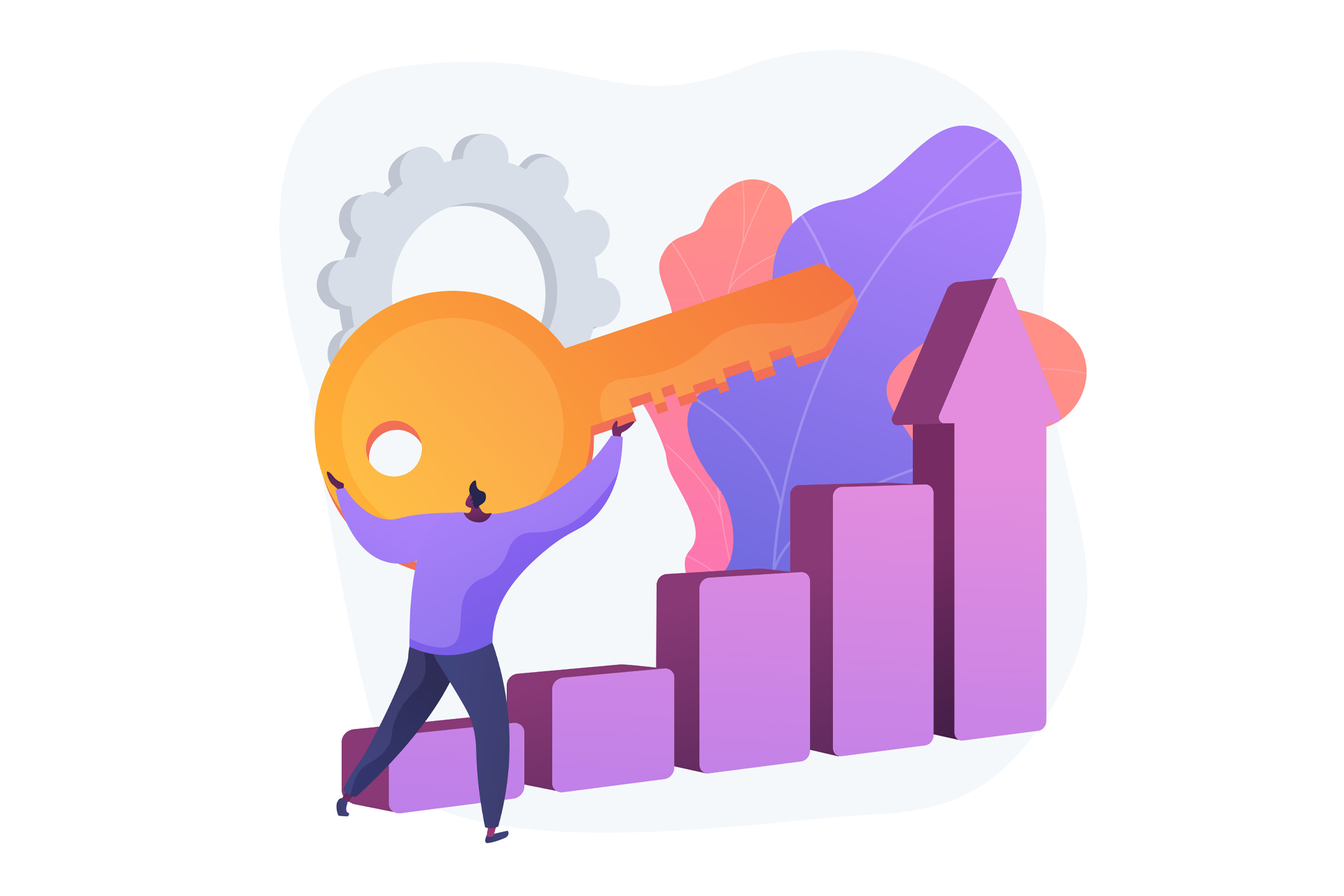In recent years, we have all realized the importance of B2B (Business to Business) e-commerce. At the heart of this is the success of the eCommerce website, which is an essential sales tool for any company.
The fierce competition in the industry, however, requires constant adaptation to new standards, as customers now clearly expect an increasingly higher level of user experience. For this reason, information is the most important resource that all businesses can tap into today.
This means that your website should be gathering a large amount of customer data, which you can then use to personalize the user experience, such as making product recommendations and sending personalized messages – which provides a variety of benefits for your business.
What exactly is personalization?
It’s about using collected data about web visitors to create relevant content that is customized and unique to each customer. This is why business-to-business (B2B) buyers demand such experiences achieved by integrating high technology.
How it works
The right portal is one that enables a wide range of functions such as sales, marketing and customer relationship management on a single platform, paving the way for personalized customer experiences and strong customer relationships.
A recommendation system typically derives personal information from users using an algorithm. Thus, it generates recommendations and offers the “predictions” to the interface of the services they use. Specifically, it organizes customers based on their profile, personalizing their shopping cart experience. Once a customer is logged in, that is, they will be presented with product recommendations and offers based on their profile and order history.
So, since the website is your “home”, make sure your visitors also feel… at home with your brand, products and services. People like to receive offers and content that is truly relevant to their lives and interests. So make your customers feel special as people, not just as consumers or as a list.
Why it works effectively
We see that one of the reasons why personalization seems to be very successful has to do with people’s innate desire to be in charge. Most individuals love to be in control of their experiences and this extends to the choices they make in every aspect of their lives.
With personalized e-commerce, visitors see only those products that appeal to their desires, without unnecessary exposure to other products that don’t pique their interests. When shoppers aren’t frustrated by annoying ads, ecommerce conversions become easier, smoother and faster.
What are the benefits of web personalization
Incorporating personalization into e-commerce helps increase digital sales and conversion rates when prospective customers are exposed to targeted content. B2B companies using this strategy have seen an increase in potential customer generation and sales. This happens when you manage to capture the attention of your buyers for long enough despite the short attention span of the average internet user these days.
Privacy
Web personalization in e-commerce is essential, as we have seen, it helps to naturally shift customers’ attention to the products that are relevant to them. However, since it relies on the collection and use of user information, privacy issues are often a concern.
To guide and promote ethical personalization of marketing, a global advocacy group has been set up. It has set privacy and ethical information management goals, which include informing users about the data that is collected and the reasons behind it.
So as more and more retailers provide a personalized customer experience, the competition to retain and attract new customers is set to become even more intense soon. Therefore, e-commerce personalization is the best way to stay competitive in today’s fast-paced business environment.
